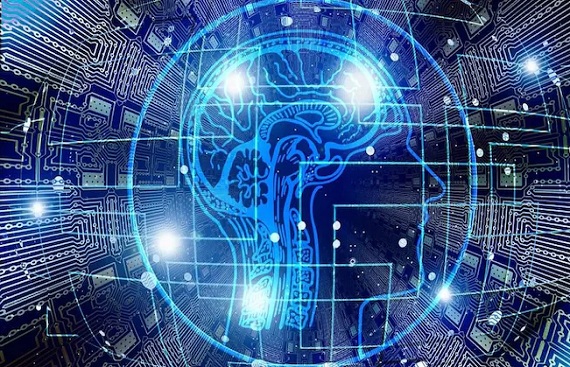How India-centric AI improves biomedical privacy

Artificial intelligence (AI) is advancing quickly in several industries, including healthcare and biomedical systems. AI and deep learning algorithms have demonstrated enormous success in a wide range of applications and use cases, including automated diagnosis, smart medical homes, processing of pathology reports, drug discovery, and implantable medical devices. At this point of development, AI has the potential to transform the healthcare industry's workforce and significantly improve automated systems' comprehension and management of biomedical data. However, the issue of our data and the users becomes critical as these artificially intelligent systems continue to grow more significant and outperform state-of-the-art methods in terms of performance in biomedical and healthcare difficulties.
Why Should India be Concerned?
One must recognise India's linguistic, cultural, and political variety to comprehend the possible effects of AI focused on the country. India's DNA has historically been so diverse without utilising the potential of AI, and it would be impossible to extract distinct viewpoints and practical insights to address past problems and present difficulties and move our nation closer to our vision. India is one of the world's fastest-growing economies with the second-largest population, and AI-focused innovation is a significant opportunity. The Aadhaar system, the largest biometric identity project in the world, and India's drive toward digitization have created new applications for artificial intelligence and data analytics. Greater visibility, insights, and metrics leveraged to drive changes are made possible by the interlinking of Aadhaar with banking systems, the PDS, and numerous other transaction systems. AI can help with more proactive planning and formation of policies and roadmaps, in addition to leveraging these to improve citizen quality of life while reducing inequities
Industries where AI is having an impact
Healthcare
The healthcare systems in India face unique difficulties, including those related to availability, quality, and low levels of awareness. However, each offers a window of chance for AI to usher in change. For instance, AI-enabled systems can address communication barriers between patients and clinicians, expand healthcare services to low-income or rural areas, teach physicians and nurses, etc. Government-funded initiatives like NITI Aayog and the National Digital Health Blueprint have also underlined the need for digital transformation in the healthcare sector. In the areas of drug discovery and epitope identification for vaccine development, artificial intelligence (AI) and machine learning (ML) are being applied, and they have the potential to speed up and reduce the cost of the process.
E-commerce
Due to AI-based marketing methods, the Indian e-commerce market has already experienced significant growth. However, as customer behaviour is influenced by various values and expectations, gaining market share for retail brands is among the most challenging tasks in the world. It would be simpler to reach out to different populations using AI and ML technologies supported by data science without compromising the context of the campaign.
Manufacturing
The manufacturing sector has historically operated with costly and time-consuming manually driven operations. The influence of AI-powered automation on manufacturing use cases like assembly line production, inventory management, testing and quality assurance, etc., is gradually becoming increasingly apparent to businesses. Even though they are still in their infancy, this industry is adopting AR and VR technologies for use cases like prototyping and troubleshooting.
Final Thoughts
India is in a difficult situation since one region of the nation still adheres to long-standing customs and traditions. The opposing side welcomes technological advancement, whether it is through UPI transfers, QR codes, or even the Aarogya Setu app. However, due to the sheer number and diversity of languages, cultures, and political systems, AI will neither fail to find areas where it can have a significant impact nor encounter fewer difficulties when being put into practice. To promote coordination between academia, government, industry, NGOs, and patient advocacy groups, the government must also invest in and create public-private partnerships across the healthcare sector.
It will be vital to how AI systems are integrated, as well. Human-in-the-loop and human-centric designs will reduce risk and enable healthcare personnel to comprehend how a decision is made and how to apply this information to therapy. A workforce that is educated and capable of utilizing AI in healthcare will be created through investments in data literacy and expanding the healthcare workforce. India can become a leader among other emerging economies in bridging rural-urban gaps and achieving Sustainable Development Goals if it adopts this technology slowly and carefully.
